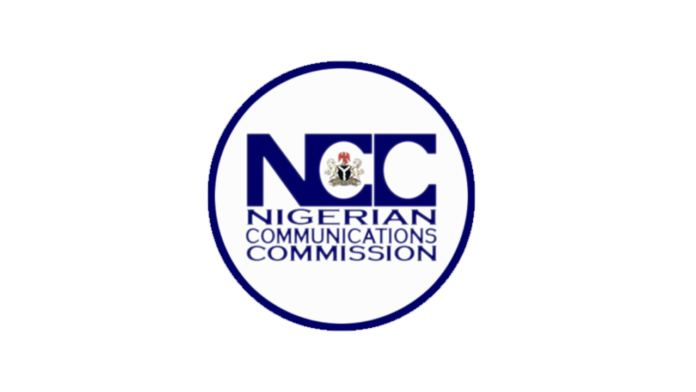The Nigerian Communications Commission (NCC) has unveiled a draft regulatory framework aimed at addressing fraud, spam, and other challenges in the Application-to-Person messaging sector.
The PUNCH reports that the telecom regulator made this announcement in a statement on Friday. The proposed framework, which was introduced during a virtual Stakeholders’ Forum, is said to be a key step towards enhancing the sector’s integrity and ensuring a fair, transparent environment for all parties involved.
The draft framework, presented by Aminu Maida, executive vice chairman, NCC, who was represented by Chizua Whyte, NCC’s acting head of legal and regulatory services, seeks to regulate the A2P messaging space.
The A2P messaging, used for notifications such as bank alerts, promotional campaigns, and government updates, has become a vital communication tool in Nigeria. However, the sector faces significant challenges, including consumer protection concerns, fraud, and data privacy issues, as well as an unequal distribution of value within the ecosystem.
“The international A2P messaging space in Nigeria faces gaps that have led to issues such as fraud, spam, and data privacy concerns. These challenges threaten the sustainable growth of this communication tool,” the NCC said.
NCC emphasised its commitment to fostering innovation while ensuring a secure, transparent environment for businesses, consumers, and service providers.
The proposed framework aims to address these challenges by protecting consumers, promoting fair competition, and holding service providers accountable.
“This forum marks a pivotal step towards addressing these challenges. We are here to engage with all stakeholders—operators, aggregators, businesses, service providers, and consumers—to refine the framework and ensure it meets the needs of the entire ecosystem.”
The NCC stressed the importance of inclusivity and collaboration in creating an effective regulatory environment.



